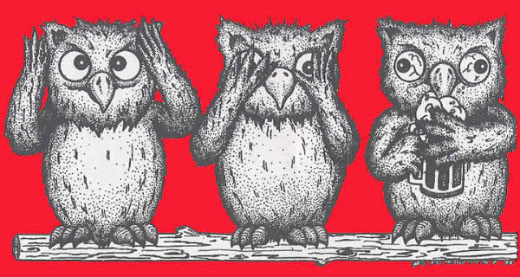I came across this on Ad Punch, a blog about advertising. The post is about a new ad campaign by Heineken in India with fake news stories pasted to Heineken bottles about the supposed lengths people would go to actually drink Heineken beer. It still amazes me how powerful advertising is when it creates the perception that something as awful tasting as Heineken is considered a premium beer. So the first ad in the series really cracked me up. Here it is below.
Because in my opinion you’d have to have amnesia to drink Heineken willingly. Perhaps after drinking one it might give you amnesia. I certainly can’t remember any good reasons why anyone with or without amnesia would have one. There are other ads as well, which you can see on Ad Punch, but this one had me in stitches.



